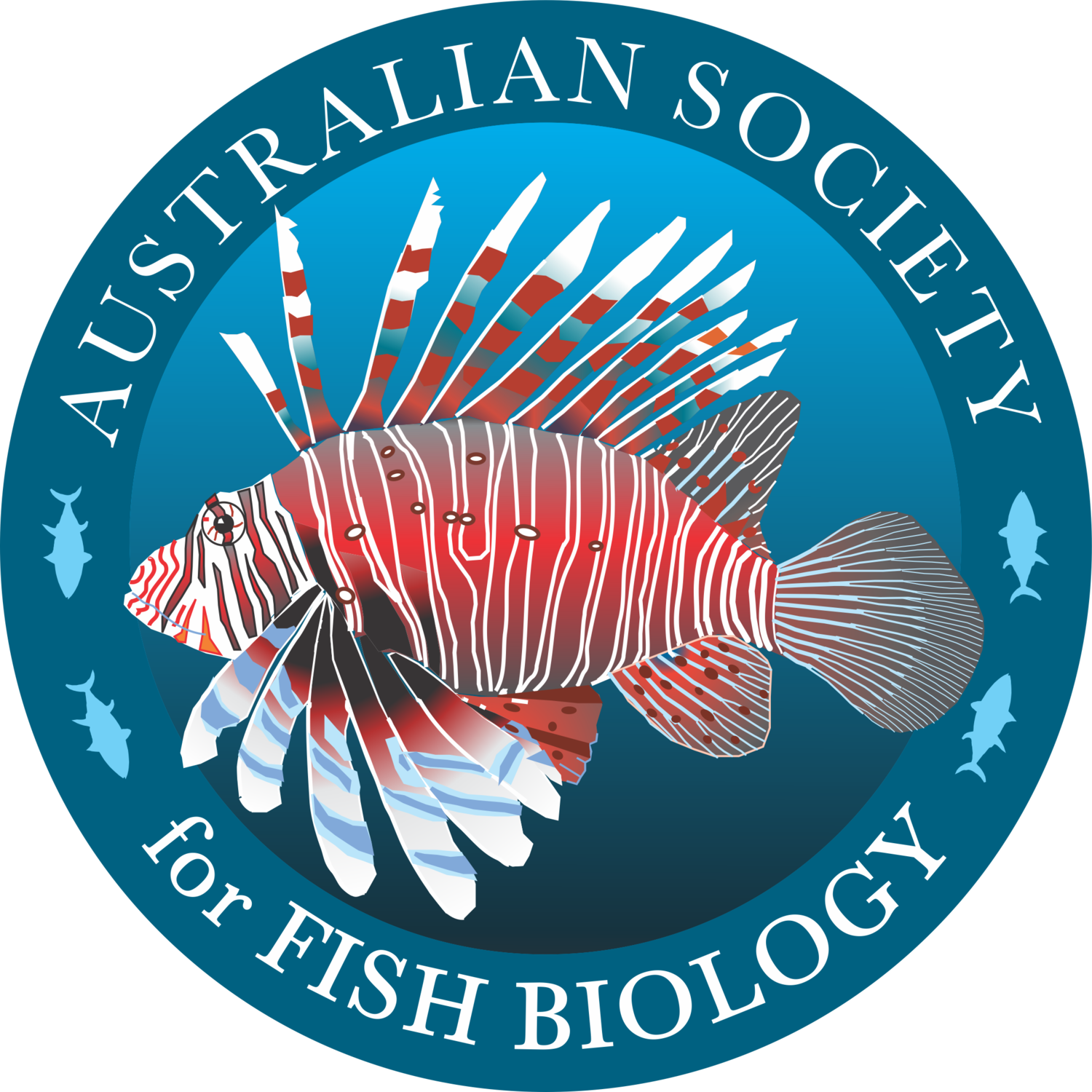How climate change is affecting marine ecosystems
Climate change is altering marine ecosystems worldwide at a rapid rate. Two recent research projects examined how ecosystems are coping with these changes.
A recent study showed that the nutritional value of blue swimmer crabs was resilient to warming temperatures. Rickard Zerpe/Flickr (CC BY 2.0)
The marine environment adjacent to eastern Australia is at the forefront of climate-driven environmental and ecological change, being primarily caused by the warming and poleward extension of the East Australian Current. In recognition of the rapidly occurring nature of these changes, NSW DPI Fisheries Research are engaged in multiple projects that collectively aim to mitigate losses and maximise opportunities for fisheries and marine ecosystems under climate change through robust research and long-term monitoring.
Curtis Champion, Tom Davis and Melinda Coleman recently published several papers that contribute to NSW Government climate change initiatives and deliver novel insights into biological responses to environmental change within the south-eastern Australian ocean warming hotspot.
Resilience of seafood nutritional quality to projected environmental change
Millions of people globally depend on seafood for nutritional benefits, but few studies have tested the anticipated effects of future climate change on seafood nutritional quality. Additionally, the combined effects of climate change and discarding of fisheries resources is also unknown, despite about 10% of global catches being discarded annually and the inevitable interaction of these factors in the future.
To understand if the negative impacts of discarding species in fisheries will be exacerbated under future conditions, and if seafood will continue to provide people with the nutritional benefits they enjoy today, we tested the effects of future temperature and salinity treatments, in conjunction with simulated discarding, on health and nutritional properties of the high-value blue swimmer crab (Portunus armatus). Our results show that the nutritional quality (protein, lipid and moisture content, as well as fatty acidy composition) of blue swimmer crabs was not significantly affected by future temperature and salinity. Similarly, stress measures were not exacerbated by environmental treatments following simulated capture and discarding.
Evaluating the concurrent effects of environmental change and discarding on seafood nutritional quality and animal stress for the high-value blue swimmer crab. From Champion et al. (2020).
Our findings indicate the resilience of blue swimmer crabs to near-future climate change and demonstrate that negative health responses associated with discarding may not be exacerbated in the future. In a welcome ‘good news story’, our results suggest that estuarine crab fisheries may be resilient to future climate change because they target species that are adapted to naturally variable estuarine conditions.
Read the article.
Monitoring of shallow rocky reef biota and associated fish assemblages
As part of the NSW Marine Estate Management Strategy, research is being conducted to examine the status and health of shallow rocky reefs in NSW and the responses of ecosystems on these reefs to climate change. Climate change will continue to alter the distributions of marine biota in NSW, and understanding relationships between environmental variables and ecosystems is key for detecting and understanding these changes.
In 2019/20, more than 200 towed video surveys were conducted along the NSW coast, from Tweed Heads to Eden, gathering baseline data on habitat distributions and associated fish assemblages.
State-wide ecological monitoring locations underlaid with a 10-year climatology of Summer sea surface temperature. From Davis et al. (2020)
The data revealed strong latitudinal gradients in the distribution of fish assemblages along the NSW coast, with strong links to sea surface temperature and current strength. At smaller scales, biotic distributions were likely structured by cross-shelf effects, depth and wave exposure. These results provide the foundation, in the form of indicators and baseline data, for ongoing monitoring and management of climate-change-related impacts on temperate rocky reef communities.
Read the article.
This research update was contributed by Curtis Champion, Tom Davis and Melinda Coleman. It was originally published in the July 2020 edition of Lateral Lines, the official ASFB newsletter.



